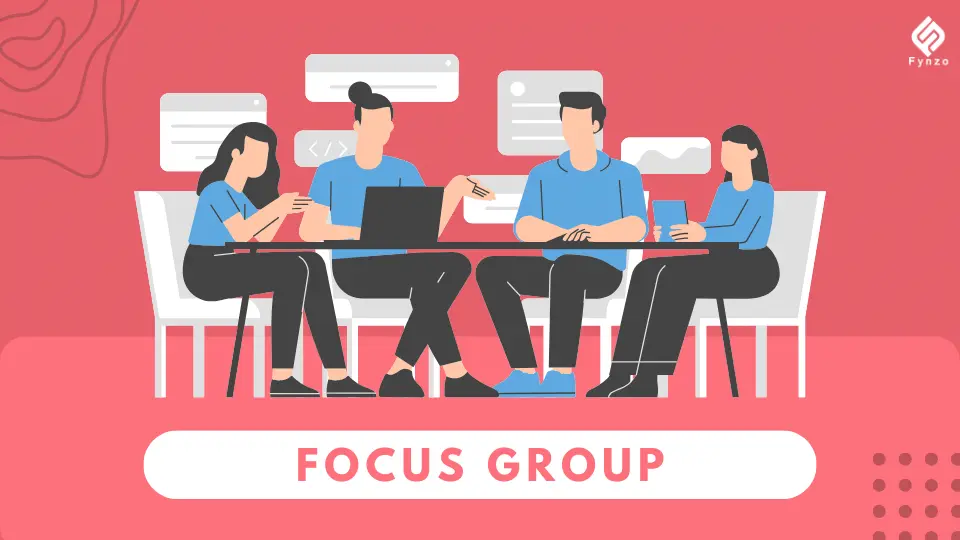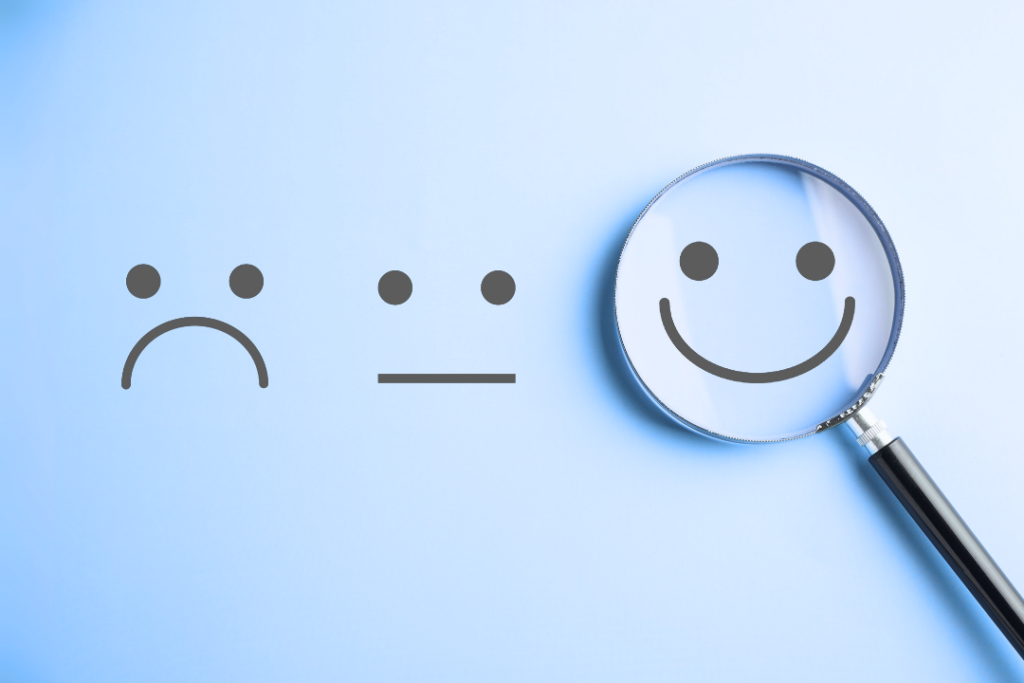

Focus Groups Unplugged: A Closer Look at Consumer Conversations
Understanding the thoughts, attitudes, and perceptions of a target audience is frequently comparable to solving a challenging puzzle in the world of research and decision-making. While surveys and questionnaires yield useful information, the focus group method offers a deeper, more nuanced viewpoint.
We’ll set out on a trip to understand the complex world of focus groups in this blog post. We’ll discuss what they are, why they are essential for product creation, market research, and more, as well as how to properly use their combined understanding. Understanding focus groups is an essential skill in today’s data-driven world, whether you’re a marketer, researcher, or just someone who finds the dynamics of group talks fascinating.
Fynzo Survey: Unlimited surveys, unlimited responses, majority of features are forever free.
Create a free survey with the easiest online survey creator.
What Is A Focus Group?
A focus group is a market research method in which a handful of people, say, 6-10 people actively participate in open discussions focussed around some research. The discussion in focus groups can revolve around anything. Be it providing feedback of a product or service or giving validation to a certain product or service concept or an idea about a marketing campaign.
Based on the nature of focus groups, it gets classified as a qualitative research method. The members chosen to participate in focus group discussions are selected based on certain traits and characteristics that they share. For instance, their demography, age group, their area of interest and many such characteristics. An experienced moderator is required to conduct a focus group discussion in a rightful manner.
Moderator is given a selected set of questions and is required to collect views on the same from each participant of the focus group based on the discussion that takes place. The selection of moderator becomes very crucial for conducting focus groups as it requires interpretation and focussing and collecting the necessary data points from the ongoing conversation between participants. Also, such open discussions often lead to moving away from the topic, in such situations its on moderator to keep a check if the conversation drifts from the topic.
Focus groups though can be used for data collection in any domain but they are widely famous for areas where new ideas and view from different perspectives is welcome like in the field of marketing, social science and many more.

Types Of Focus Groups
All focus groups involve discussion around the selected topic but the way they are conducted can mark a difference and can be segregated into different types. Let’s look at the different types of focus groups based on this segregation.
Dual-Moderator Focus Group
We know that the moderator is the person who conducts the focus group. Now as the name suggests, dual moderator is the type of focus group where two moderators conduct the discussion in a focus group. One moderator is required to ensure smooth flow of the discussion while the other moderator is tasked with ensuring that all the points that are required for the research are being discussed by each participant.
Two-Way Focus Group
A two way focus group is the one where instead of one group, two groups of people are involved in the discussion on the same topic but at different times. This might give an impression that it’s just as simple as discussing the topic with two different sets of people. Yes, this understanding is correct up to an extent as there is a slight twist. The group that discusses first gets observed by the second group and the latter can use the points from the former and provide a deeper insight into the topic.
Mini Focus Group
Usually a focus group is made up from 6-10 people who are involved in discussion but if the number of people involved in the discussion is less than 6-10 people, say, 3-5 people then we call it a mini focus group.
Participant Moderated Focus Group
A participant moderated focus group is the one where there is no actively assigned moderator for the discussion. Rather, one or two participants among the group itself acts as a moderator on given the topic of discussion.
Online Focus Group
Online focus groups are the one that takes place in virtual mode rather than a physical sitting to participants gathered at one place. For this focus group usually all three active members namely, moderator, observer and participants are required.
Fynzo Survey: Unlimited surveys, unlimited responses, majority of features are forever free.
Create a free survey with the easiest online survey creator.
Steps To Conduct Focus Groups
Although focus groups are simply discussions among people on a certain topic. But as they are conducted for research purposes there are few small things that one needs to keep in mind for conducting a focus group and these few points can count as the steps to conducting a focus group.
- As focus groups are highly dependent on participants therefore it becomes very important to choose the right members who match the certain criteria say, demography, age group and many others and also pursue the knowledge on which the discussion would take place so that they can put some valuable insight and different perspective into the discussion.
- A focus group is also very highly dependent on the moderator therefore the second most crucial step in conducting a focus group is to select the right moderator. A moderator should have knowledge on the subject on which the discussion would be based. Not only this, a right moderator is the one who ensures active participation from all the members by regulating the dominant members and motivating the inattentive members. A moderator should also be the ultimate controller of the discussion who knows when to continue the discussion and when to change the topic or end the discussion when things get heated.
- The next step is to make a proper set of rules and guidelines for conducting a focus group. This can include a set of questions to be discussed, set expectations from participants and moderator, what is acceptable, what is not and many other stuff like that. Make sure that each member related to the focus group is aware about these guidelines and ensure the compliance of the same.
- The next important thing to keep in mind while conducting a research group is to keep noting down the observations and important points from the discussion and making a short real time report for future reference and working.
- A very important thing for a focus group is recording it. This is so because you cannot recall each and every conversation that took place during the discussion. By recording, you can go through the discussion and can draw new inferences or can verify the information collected by the moderator.
Conclusion
By the understanding of the article till now we can clearly see that focus groups are a great way of collecting qualitative data where you can generate deeper insights into the questions surrounding the research. But like every other thing, focus groups also come with some drawbacks of which you should be mindful of before actually jumping onto conducting a focus group.
Some drawbacks are – dominant participants carrying more weight on the observation, people getting influenced by the others in the group and many such things. But if you can take care of such small detailed things and want to collect qualitative detailed data then focus groups are a good research methodology to opt for.
FAQs
What are the major pillars to conduct focus groups?
The participants included and the role of the moderator forms up the two major pillars to conducting a focus group.
What are the different types of questions one can go up with in a focus group?
Primary questions, probe questions, follow up questions, questions for the conclusion are the different types of questions that one can run in a focus group.








